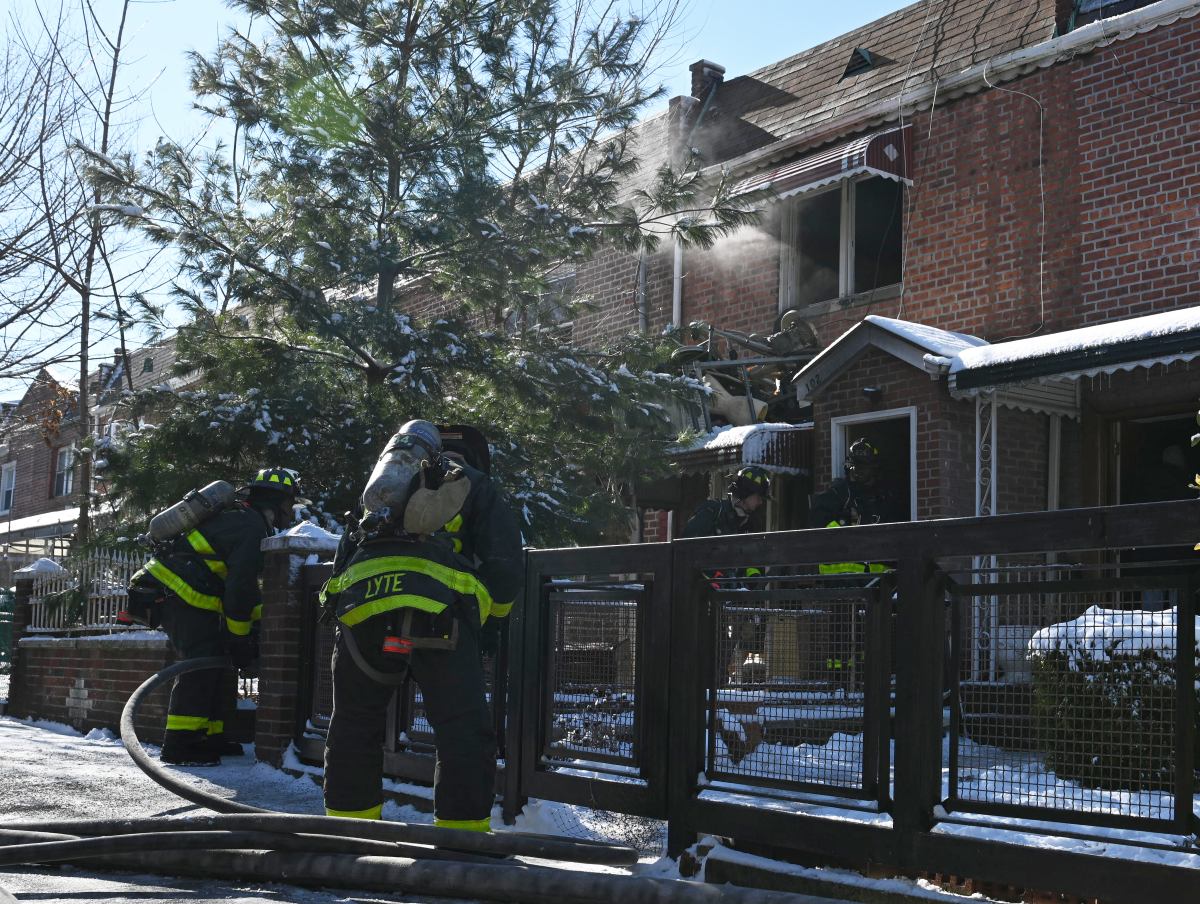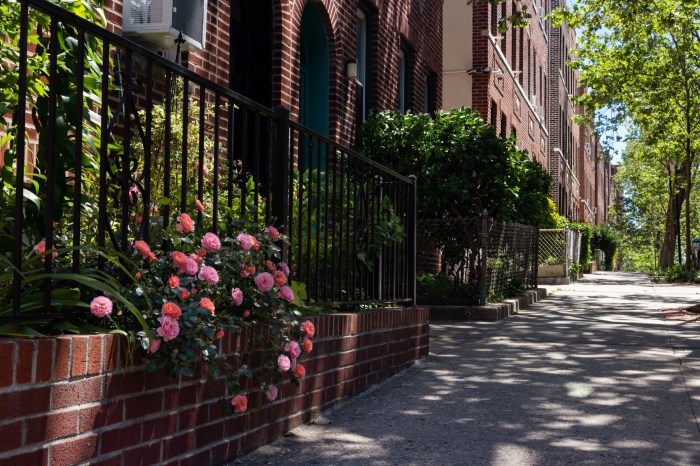
Immigration and Customs Enforcement officers will no longer be allowed to arrest people inside state courthouses without a judicial warrant or order, according to a new directive from the New York State Office of Court Administration.
The OCA, which is the administrative arm of the state’s unified court system, previously allowed ICE to conduct operations inside its courthouses with administrative warrants issued by ICE itself. Immigrant advocates and attorneys contend the agents often did not present warrants at all.
ICE operations in and around New York’s courthouses have skyrocketed in recent years. The Immigrant Defense Project documented a 1,736 percent increase in arrests and sightings between 2016 and 2018.
The directive, signed by Chief of Department Michael Magliano and effective Wednesday, was celebrated by advocates and immigrant families as a groundbreaking rule change, believed to be the first of its kind in the country.
“This rule change is a big win for thousands of immigrants and their families across New York State who will no longer be sitting ducks in the courtroom,” said Terry Lawson, director of the Family and Immigration Unit at Bronx Legal Services. "We applaud the Office of Court Administration for taking this historic step and hope other state court systems follow suit."
A spokesman for ICE said the agency was reviewing the order and declined to comment further. ICE has previously defended its courthouse operations, arguing they are consistent with law enforcement practices nationwide and adding that such practices are often a last resort after exhausting other options.
The directive specifies ICE cannot execute an arrest inside a state courthouse without a warrant or order issued by a federal judge or federal magistrate judge. A unified court system judge or court attorney has to review the document and confirm it complies with the OCA’s requirements before an arrest can take place.
Immigrant advocates warned that the directive’s wording still allows ICE to operate in areas around courthouses, such as parking lots and sidewalks. To close this loophole, they’re urging the State Legislature to pass the Protect Our Courts Act, which would also ban ICE from areas surrounding court buildings.




































